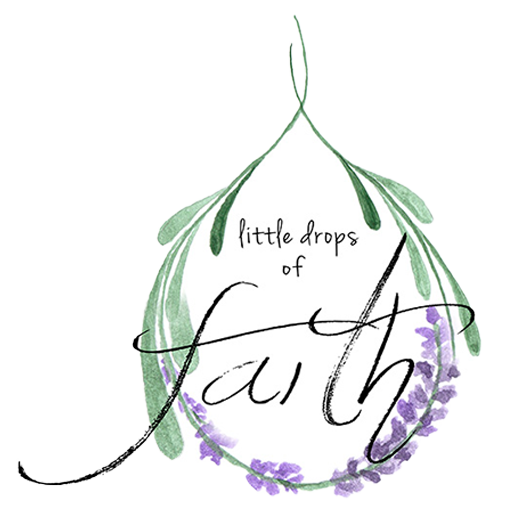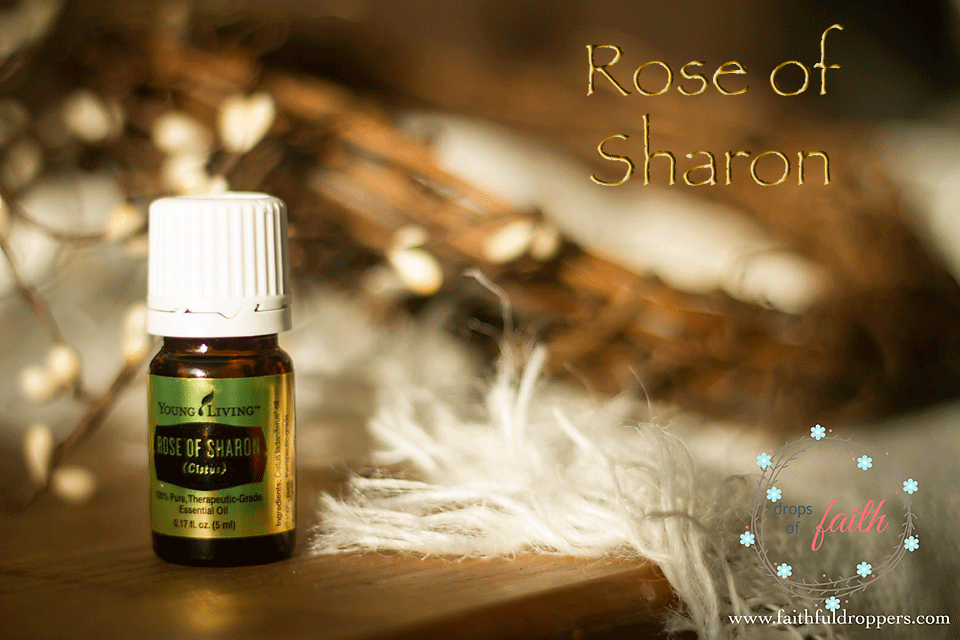The Rose of Sharon was first mentioned in the Bible in the Song of Songs by Solomon chapter 2 verse 1. The speaker, the Beloved, says, “I am the Rose of Sharon, the Lily of the Valley.” Jewish scholars believe that the Song of Solomon is a picture of the love between Christ and the church. If that is true, then Christ is the Rose of Sharon.
Sharon was a coastal plain in the northern half of Israel. For Isaiah, the Plain of Sharon was the ultimate symbol of beauty. So, in Isaiah 35:1, “The wilderness and the wasteland shall be glad for them, And the desert shall rejoice and blossom as the rose;” Isaiah was probably speaking to the beauty and splendor of this area being covered by this elegant white flower known as Cistus or Rock Rose. What a magnificent symbol of Christ with his purity and beauty. Not only that, but in ancient times shepherds would rub the dark resin from these plants onto their scraped and cut hands and their wounds would heal faster. So, the Rose of Sharon was white and pure, beautiful, grew in a rocky or sandy soil showing its strength and resilience, and it was believed in ancient times to have healing powers. The Rose of Sharon sounds like Jesus Christ to me!
Cistus has been studied for its effects on the regeneration of cells. It has been found to support overall health, a healthy nervous system, a healthy immune system, and aid normal cell regeneration. Its resin-like fragrance reminds me of Frankincense, but with an added honey-like sweet smell. Its fragrance is calming and balancing and has been used for perfumes. This oil can be applied topically, diffused, or taken as a dietary supplement. Cistus essential oil is found in the Young Living products ImmuPower, KidScents Tender Tush, Oola Balance, and The Gift.
I hope that you enjoy the symbolism of the beauty, healing, and purity that the Rose of Sharon represents and that Christ can be all of those things for us if we chose Him as the Lord and Savior of our lives.
Angel Raines from Fort Oglethorpe, GA

